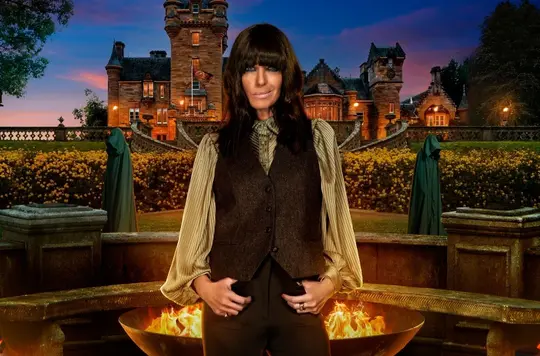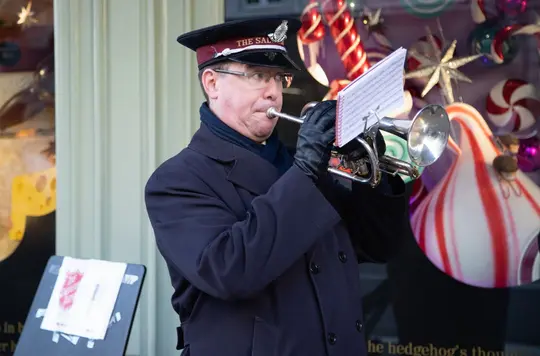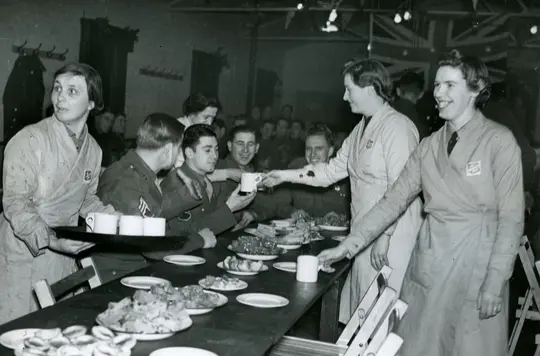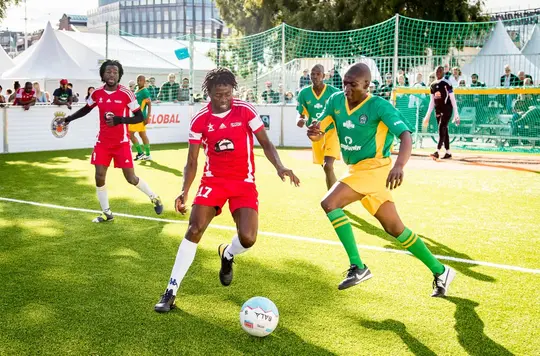21 June 2025
Dentist brings some smiles to refugee camp
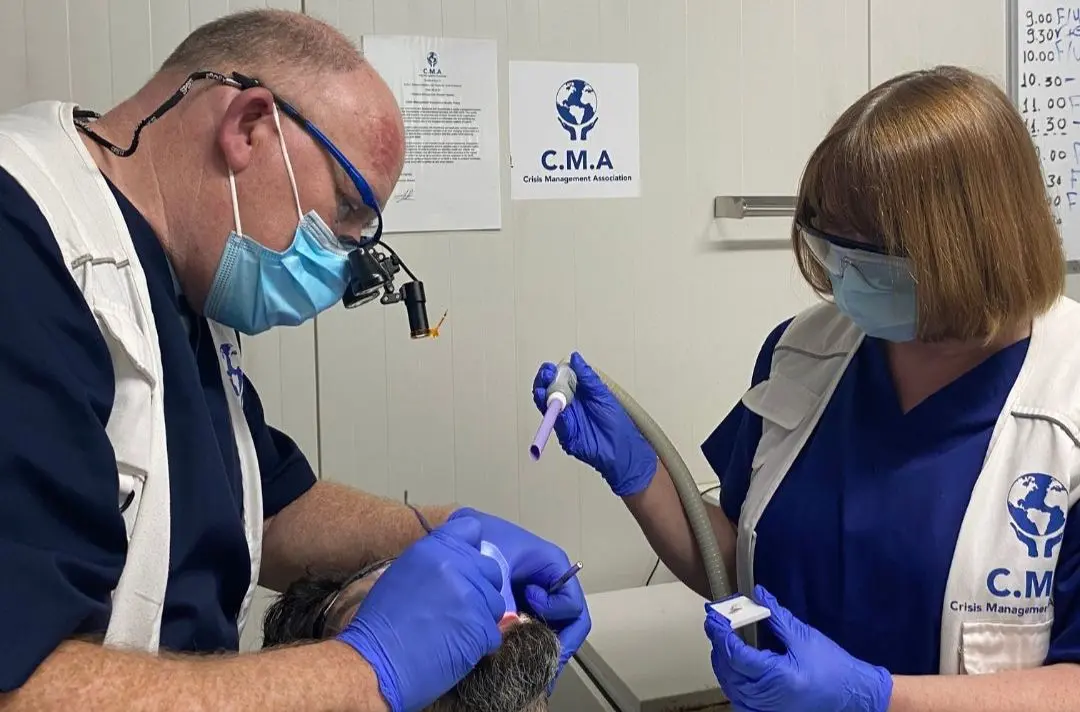
War Cry’s Claire Brine talks to dental surgeon Robert Banks about his experiences of treating patients at a refugee camp.
To mark Refugee Week, which runs until Sunday (22 June), dental surgeon and church member of Tunbridge Wells Salvation Army Robert Banks reflects on his experiences of treating patients at a refugee camp – and explains what motivates him in his work.
‘We are all God’s children – and we all need looking after,’ says Robert, who, earlier this year, travelled from his home in Kent to the Greek island of Lesvos, where he and a team of humanitarian aid workers treated patients living in the Mavrovouni refugee camp.
‘The refugees who arrive on the shores of Lesvos have been through trauma that we can only imagine,’ says Rob.
‘That’s why it’s important for us to offer help where we can. When a friend told me about a humanitarian aid trip being run by Crisis Management Association, my thoughts were: “There’s a clear need. I have the skills to offer. I’ll go.”
'So my wife, Ada, and I ended up volunteering for a week at the refugee camp in Mavrovouni.’
Located seven miles off the Turkish coast, the island of Lesvos has been at the epicentre of the refugee crisis for the past decade.
For individuals and families fleeing war and persecution in their home countries, the island is their gateway to Europe, where they hope to pursue a better life.
‘The refugee camp at Mavrovouni is a sanctuary,’ says Rob. ‘But it is not a home. Conditions there are basic. The refugees receive food once a day and water is rationed.
‘But despite the hardships they were facing, the people we met showed us such kindness. They were thankful and willing to share the little they had with us. Right from the start, I could feel God’s presence.’
Though Rob was treating patients in the back of a shipping container – a far cry from his dental practice in Ashford and his surgery on London’s Harley Street – he points out that the refugees requiring treatment were ‘ordinary people, just like you and me.’
He says: ‘We saw people from all walks of life. Some had been bombed out of their homes, while others were fleeing persecution. The stories we heard were truly awful.
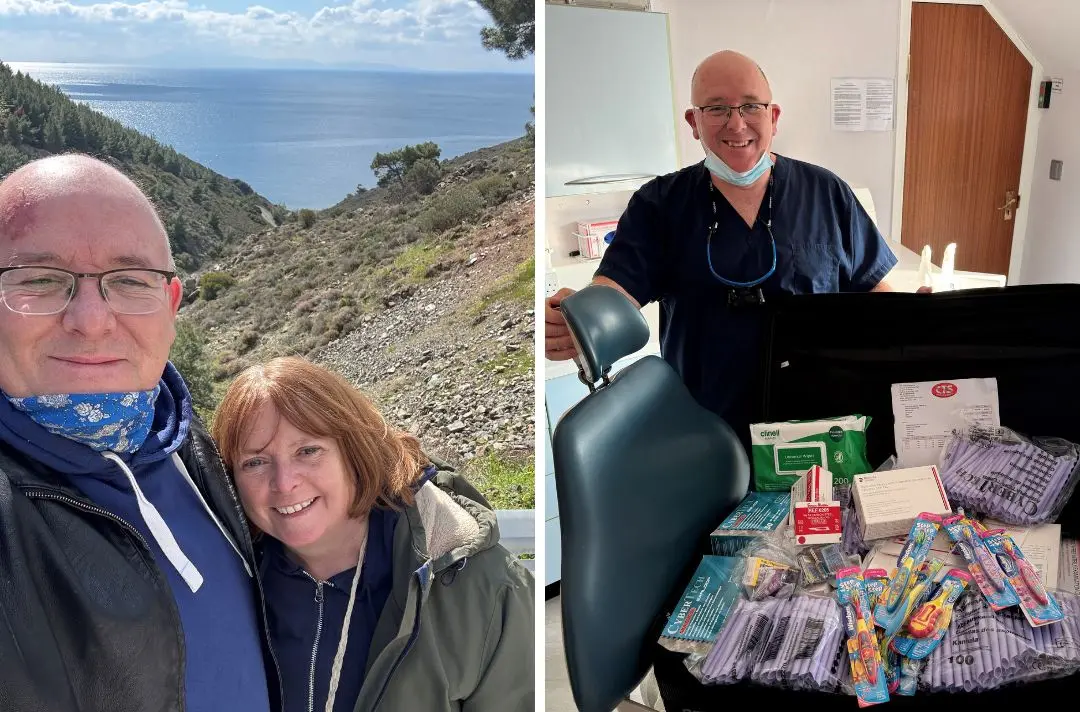
‘But when we got to know the refugees, we learnt that some of them were teachers, doctors and architects. These were people from all kinds of backgrounds. And they had all ended up at the camp through no fault of their own.’
Assisted by Ada, who is a qualified nurse, Rob provided dental treatment to around 30 patients a day, from countries including Ukraine, Afghanistan and Syria.
‘We couldn’t do anything too advanced because we didn’t have the necessary equipment,’ he says, ‘but our work was about providing pain relief, treating infection and just helping people to feel better.
‘We did quite a lot of smile repairs too, because many refugees had lost teeth. We tried to give them back a little bit of their dignity – and offer them some hope.
‘I found treating patients at the refugee camp to be the most wonderful privilege. When you are able to take away someone’s pain, it’s fantastic to see the relief and smile on their face.’
Working at a number of refugee camps over the years, Rob has found a sense of joy in caring for his patients – but seeing what people have been through can also be tough.
‘I remember one little guy who sat in the operating chair and didn’t move a muscle,’ says Rob. ‘When we gave him an injection prior to his treatment, you could see the trauma in his eyes.
‘Another patient who sticks in my mind was a woman who had lost one of her front teeth. When she came in to see us, she was hiding her mouth and had a vacant look in her eyes.
‘After we rebuilt her front teeth, tears began to roll down her face. She was so grateful. And then she said to me, through the interpreter: “May God bless your hands.” It was a very moving moment for me.’
For years, Rob has believed that helping refugees is a key part of putting his Christian faith into action. Every time he signs up for a new humanitarian aid trip, he is supported by the congregation at his church, The Salvation Army in Tunbridge Wells.
‘Being a Christian means that you’ve got a God-given motivation to do good and help others where you can,’ he explains.
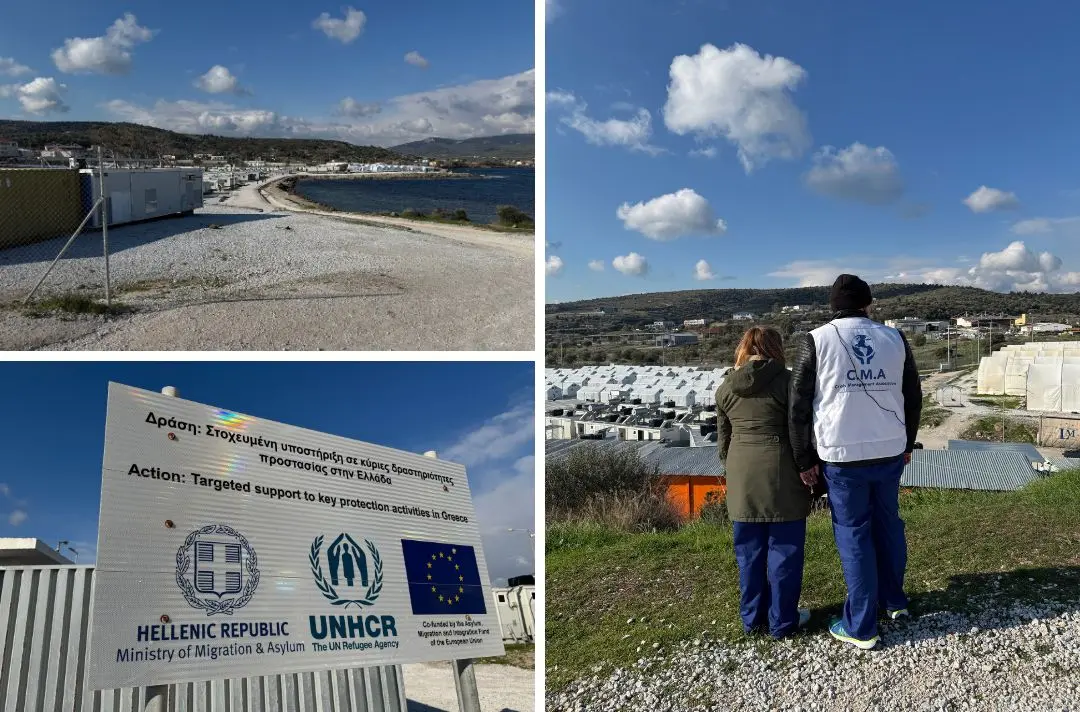
‘I’m always struck by Jesus’ words in the Bible: “I was hungry and you gave me something to eat, I was thirsty and you gave me something to drink... Whatever you did for one of the least of these brothers and sisters of mine, you did for me.” Those words encapsulate everything.’
Though his time at the Mavrovouni refugee camp exposed him to countless stories of unimaginable pain and loss, Rob explains that he experienced the presence of God every day – often shown through the kind actions of others.
‘From a hill, I’d look down over the refugee camp and see God at work through all the aid volunteers who were getting stuck in,’ he says.
‘One group that Ada and I got to know is a Dutch outfit called Because We Carry. Volunteers would meet the refugee boats when they reached the shore, and provide baby carriers to mothers with young children.
'It was such a practical way to offer help, seeing as it’s impossible to get a buggy on a dinghy.
‘The charity was also important to us because we were able to give them some suitcases containing children’s clothes that had been donated by the parent-and-toddler group at Tunbridge Wells Salvation Army.
'When we delivered the items to the charity’s base, it was great to see the work they were doing.’
Though he travelled to the Mavrovouni refugee camp with the aim of showing ‘a little bit of God’s love’ to the people he met, Rob found that the experiences he faced, and the conversations shared, ended up enriching his own faith in a way he couldn’t have imagined. He and Ada are booked to return to the camp in October.
‘The trip opened my eyes to the many ways in which God can use people to show love to others,’ he says. ‘It showed me how much we can make a difference in the world.
‘I went to the refugee camp because I thought that I had useful skills to offer – but the experience ended up blessing me beyond my wildest dreams.’
Interview by
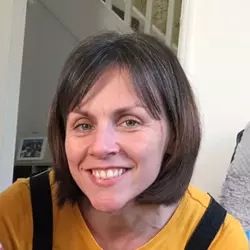
Claire Brine
War Cry

